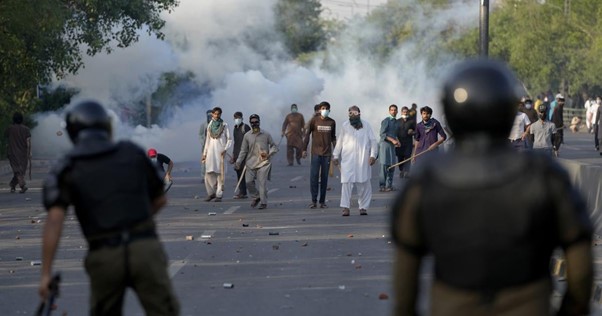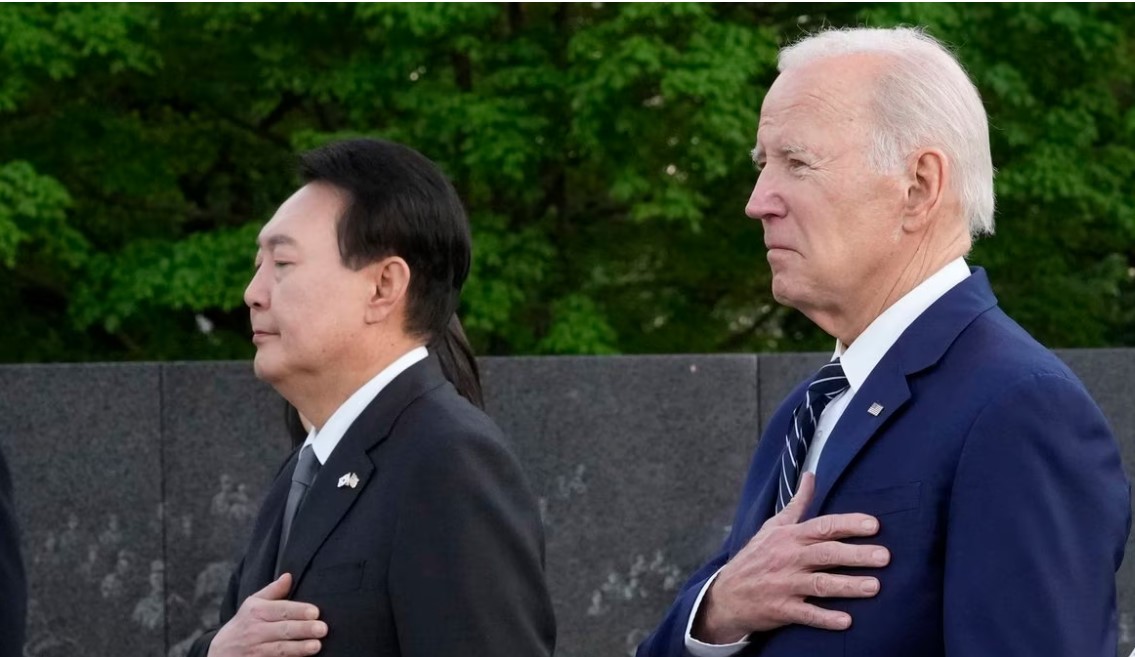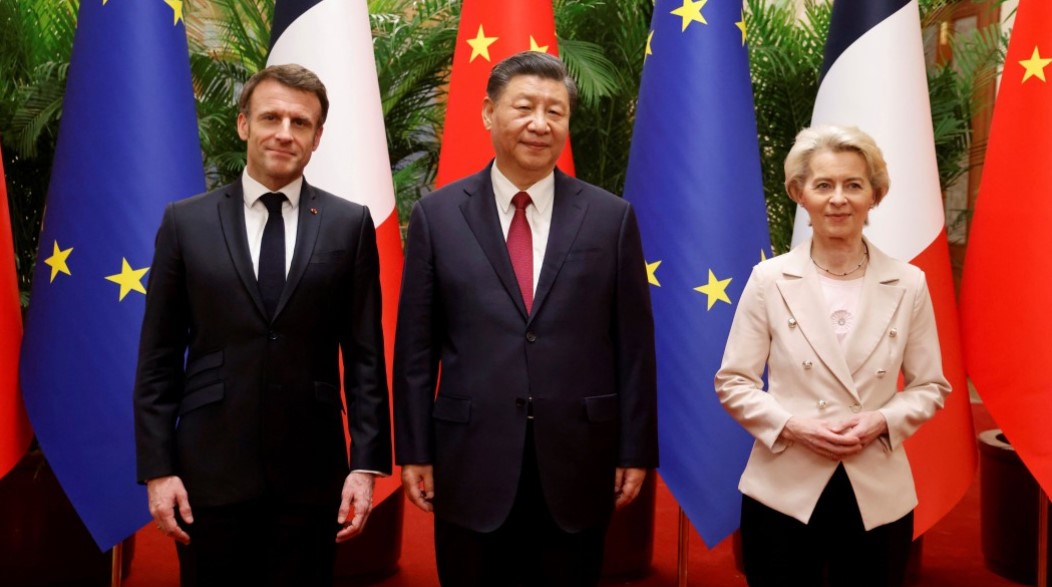
The Role of Private Military Contractors in Changing the Dimensions of Fighting Wars
Sat, 11 Mar 2023 | Reading Time: 3 minutes

Private military contractors (PMCs), also known as private security companies, are private companies that provide military and security services to governments, corporations, and individuals. They have become an increasingly important part of the modern military landscape, operating in conflict zones around the world and performing a wide range of roles, from security and logistics to combat operations and intelligence gathering.
Back on Earth, these guys were Army dogs, Marines, fighting for freedom. Out here they’re hired guns, taking the company’s money.
—Jake Sully
The rise of private military contractors can be traced back to the end of the Cold War, when the US military began to downsize and outsource some of its non-core functions. This led to the creation of a number of private security companies, which initially focused on providing security services to US diplomatic missions and other US government facilities overseas. Since then, the industry has grown dramatically, with companies like Blackwater (now known as Academi) and Aegis Defense Services becoming major players in the field. Today, PMCs are involved in a wide range of activities, from training foreign militaries to providing security for shipping companies and oil rigs.
One of the key advantages of using private military contractors is their flexibility. Unlike regular military units, which are often tied to specific missions and locations, PMCs can be quickly deployed to hotspots around the world, making them ideal for responding to rapidly evolving situations. They can also be used to provide specialized skills and equipment that may not be available within the regular military.
However, the use of PMCs is not without controversy. Critics argue that the use of private military contractors undermines the accountability of governments and military forces, as they are not subject to the same level of oversight and regulation as regular military units. This has led to allegations of human rights abuses and other misconduct, particularly in conflict zones such as Iraq and Afghanistan.
Another concern is the cost of using PMCs, which can be significantly higher than using regular military units. This is partly due to the need to pay for the additional overheads associated with running a private company, such as salaries and benefits for employees, as well as the cost of purchasing and maintaining equipment.
Despite these concerns, private military contractors are likely to remain an important part of the military landscape in the coming years. With governments around the world facing increasing pressure to reduce military spending, the flexibility and cost-effectiveness of PMCs will continue to make them an attractive option for many countries and corporations. However, it will be important for governments and other clients to ensure that these companies are held to the highest standards of accountability and transparency, to minimize the risk of misconduct and other abuses.
“We’re security consultants, not mercenaries.”
The use of private military contractors (PMCs) has had a significant impact on the way wars are fought and managed. Here are some of the ways in which PMCs have changed the dimensions of wars:
- Increased Flexibility: One of the key advantages of PMCs is their ability to quickly adapt to changing situations on the ground. They can be deployed rapidly to hotspots around the world, and can provide specialized skills and equipment that may not be available within regular military units. This has made it easier for governments and other clients to respond to rapidly evolving situations, and to tailor their military operations to specific needs and objectives.
- Reduced Costs: The use of PMCs can be a cost-effective alternative to using regular military units. Because PMCs are private companies, they are often able to operate more efficiently than military forces, and can provide services at a lower cost. This has made it possible for governments and other clients to reduce their military spending without compromising their ability to respond to threats and challenges.
- Increased Risk to Civilians: One of the key concerns associated with the use of PMCs is the increased risk they can pose to civilians. Because they are not subject to the same level of oversight and regulation as regular military units, there have been allegations of human rights abuses and other misconduct in conflict zones such as Iraq and Afghanistan. This has raised questions about the accountability of PMCs, and has led to calls for greater transparency and regulation in the industry.
- Changes to the Nature of Warfare: The use of PMCs has also changed the nature of warfare in other ways. For example, because PMCs are often hired to provide security for corporations and other non-state actors, they have blurred the lines between military and civilian actors in conflict zones. This has made it more difficult to distinguish between combatants and non-combatants, and has raised questions about the ethical and legal implications of using private companies to carry out military operations.
Disclaimer
The opinions expressed in this article are the author’s own and do not reflect the views of Chanakya Forum. All information provided in this article including timeliness, completeness, accuracy, suitability or validity of information referenced therein, is the sole responsibility of the author. www.chanakyaforum.com does not assume any responsibility for the same.
Chanakya Forum is now on . Click here to join our channel (@ChanakyaForum) and stay updated with the latest headlines and articles.
Important
We work round the clock to bring you the finest articles and updates from around the world. There is a team that works tirelessly to ensure that you have a seamless reading experience. But all this costs money. Please support us so that we keep doing what we do best. Happy Reading
Support Us




















POST COMMENTS (0)